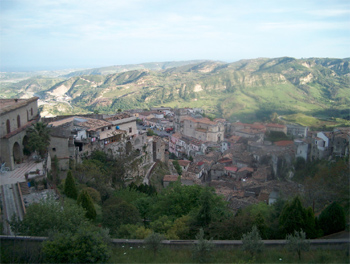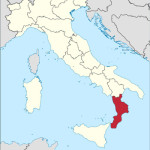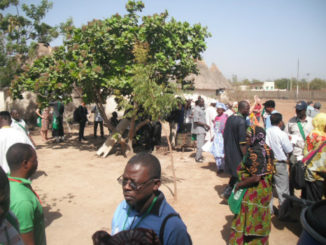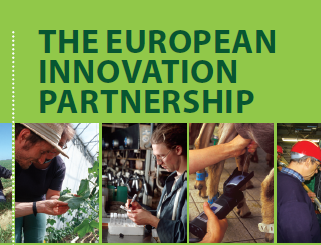
Today, Italian members of the peasant organisation Via Campesina are taking part in a demonstration in Rome to mark the second anniversary of the Rosarno seasonal farm workers’ campaign. Demonstrators are supporting demands for better working conditions and living wages for migrant workers, as well as a CAP that recognises the value of peasant farming rather than profit-driven industrial agriculture.
“On Saturday, there will be a street sale of peasant-grown citrus in Turin, to engage public opinion in the city,” Via Campesina spokesman Nicolas Duntze told ARC 2020. “The idea is similar to the events organised by the French organisation MODEF in recent years, but with wider support,” he explained. The SOS Rosarno project includes alternative routes to market for peasant-grown fruit.
The actions are intended to underline the solidarity between Calabrian peasants and the exploited migrant workers who have common cause against industrialised agriculture. “There are several strands to the problem,” says Duntze. “Firstly, the European Union is happy to spend 58 million euros on sports centres and promoting leisure facilities in Calabria. Yet the liberal market effects of the CAP will have destroyed Calabrian peasant farming within three years,” he warns.
For Duntze, nothing has really changed for those in the Rosarno campaign, even though the Italian government promised changes after the Nardo strike in August 2011. “The local town hall put up some prefabricated accomodation for about 80 migrant workers: but there are hundreds of them to house.”

The gesture is an empty one for other reasons: “This accommodation is five kilometres from any village or shops: there is no publictransport, so how are these folk supposed to live?”
Europe has seen both the industrialisation of agriculture and a decline in family-owned holdings in the wake of the CAP, of which Rosarno is just one publicly identified example. Different member states have legislated to treat inbound migrant labour as a self-contained problem without reference to the wider context. Migrant workers who have no viable employment in their own countries find themselves competing for slave wages in a twilight economy.
The ways in which the CAP has undermined peasant farmers have played a part in a parallel process over the past 50 years, marginalising local food production in favour of highly capitalised farming. From where the peasants are sitting, time is running out.





